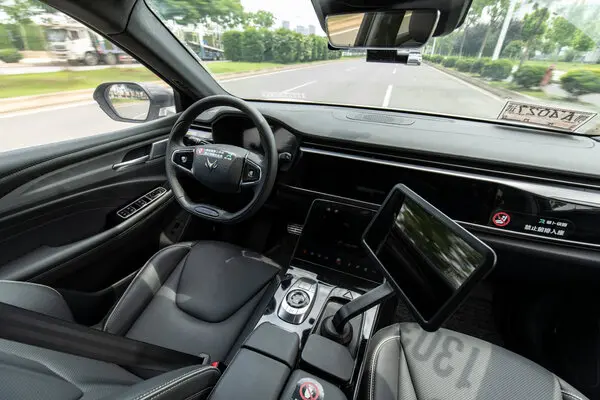Chinese autonomous driving and driver-assistance technology companies are increasingly turning their attention to Europe as regulatory and political constraints continue to block expansion into the U.S. market. The shift marks a major realignment in the global self-driving industry, positioning Europe as the next major hub for innovation, investment, and competition.
Europe Becomes the New Frontier for Chinese Self-Driving Technology
Over the past year, leading Chinese firms such as WeRide, Pony.ai, and AutoX have established European headquarters and R&D centers in countries including Germany, the Netherlands, and the United Kingdom. These companies are working closely with local regulators, universities, and mobility startups to accelerate pilot programs, road testing, and real-world deployments of both advanced driver-assistance and fully autonomous systems.
Industry observers say the pivot is a calculated move. The U.S. market has grown increasingly hostile to Chinese technology firms due to heightened scrutiny over data security, intellectual property protection, and national security concerns. In contrast, Europe presents a more open yet structured regulatory environment with strong support for sustainable, tech-driven mobility solutions.
Regulatory Shifts and Emerging Competition in Europe
The arrival of Chinese autonomous mobility firms has raised concerns among European automakers and policymakers. Many fear that the rapid expansion could challenge domestic innovation ecosystems and raise new questions about data governance and cybersecurity, given the sensitive nature of connected vehicle data.
In response, the European Union is intensifying efforts to harmonize regulations across member states. Brussels has initiated discussions on standardized testing frameworks, data-sharing protocols, and safety certifications to avoid regulatory fragmentation and maintain fair competition.
Meanwhile, the United Kingdom is reforming its vehicle and technology licensing systems to attract global investment while tightening oversight of data-handling, privacy, and cyber resilience. The UK’s new legal framework for self-driving vehicles, expected to take effect in 2026, could make it one of the first countries in Europe to establish clear rules for commercial autonomous mobility.
Balancing Opportunity and Risk
Experts say Europe’s openness to Chinese tech could accelerate its transition to autonomous transport, particularly in sectors such as logistics, ride-hailing, and public mobility. By collaborating with Chinese innovators, European cities could gain faster access to mature self-driving technologies that are already being deployed at scale in Asia.
However, analysts warn that without careful coordination, the influx of foreign players may intensify geopolitical, economic, and regulatory tensions within the sector. Balancing innovation with data sovereignty remains a top priority for EU policymakers as the global competition for AI-driven mobility leadership deepens.
Global Dynamics Shaping the Future of Mobility
As the U.S.-China technology rivalry reshapes global trade and investment flows, Europe’s emergence as a neutral testing ground for autonomous driving reflects broader shifts in the international tech landscape. The continent’s growing importance in this race underscores its potential to act as both mediator and innovator in defining the future of mobility worldwide.

